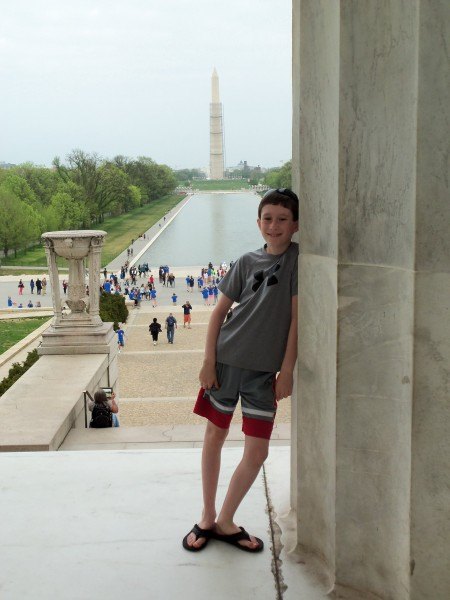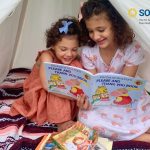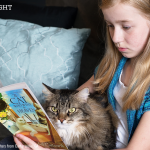Has there been much election talk in your home? If you are a U.S. citizen, do you know how you'll vote on Tuesday?
The mid-term elections are the perfect way to incorporate a little extra learning about government into your homeschool. (And if you're not a U.S. citizen, I trust this will still be helpful and apply to your involvement in government where you live.)
Here are a few ideas to get you started:
- Discuss the issues and people on the ballot. As usual, there are some pretty charged issues on the ballot here in Colorado. What is on the ballot in your state? Talk about it at the dinner table and see what your kids think about the various topics. Talk about who you plan to vote for and why.
- Compare the modern U.S. government to whatever government you're studying in history right now. If you're studying Medieval Europe, talk about the monarchy and the feudal system. Do your kids think that worked better or worse than our system now?
- Talk about the mechanics of voting. Will you go to a polling place on Tuesday? Did you complete a mail-in ballot? Paint a picture for your children of how you participate in this crucial civic duty. Help them imagine what it will be like when they get to vote someday.
If you really get into it, you could hold a mock election in your home. Or you could study the process of how an issue makes it onto the ballot, or what the duties of the various elected officials are. The possibilities are endless. If your children get interested in a certain aspect of the elections, help them dig into it.

Like many Sonlighters before them, the T family enriched their understanding of government on a field trip to Washington, D.C.
At Sonlight, we take our duty to teach children about government seriously. Although we wait until high school to have a Core totally devoted to government and civics, Sonlight students grow up learning about the governments of people throughout history and around the world. They learn that government has a huge impact on the history of a people and how well the citizens can function. A solid government allows people to work, invest and thrive. During seasons of governmental upheaval, the people suffer. (We see this very strongly in the periods of time between the dynasties of China.)
Sonlight students get a sense for the wide variety in governmental styles people have used. When they study American history and government, they see the ways that America was and is different. They have a better appreciation for the challenges we face and the unique benefits of the American system. Even when it may seem that our system is barely functioning, we can see that, on the global scale, we actually have much to be thankful for.
Another reason Sonlight students study government is because God asks us to pray for our leaders. We can pray more specifically and with more fervor if we know who they are and what is happening in our nation.
And of course, I want our students to understand their government so they might take an active role in their nation's governing. An educated population is critical for wise and discerning voters and leaders.
Do you have other ideas of how to help kids get excited about government and elections?
Blessings to you and yours,
Sarita






